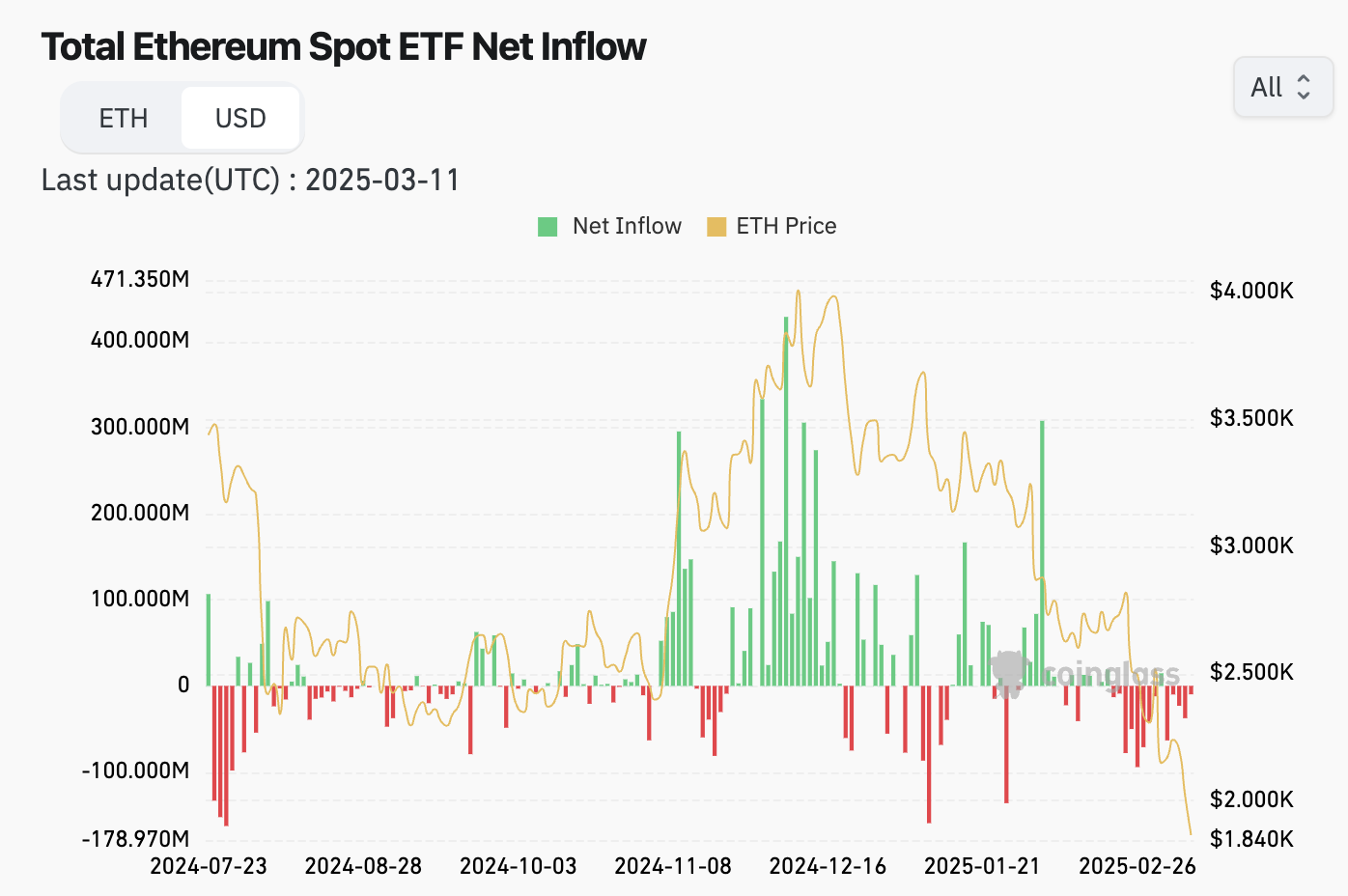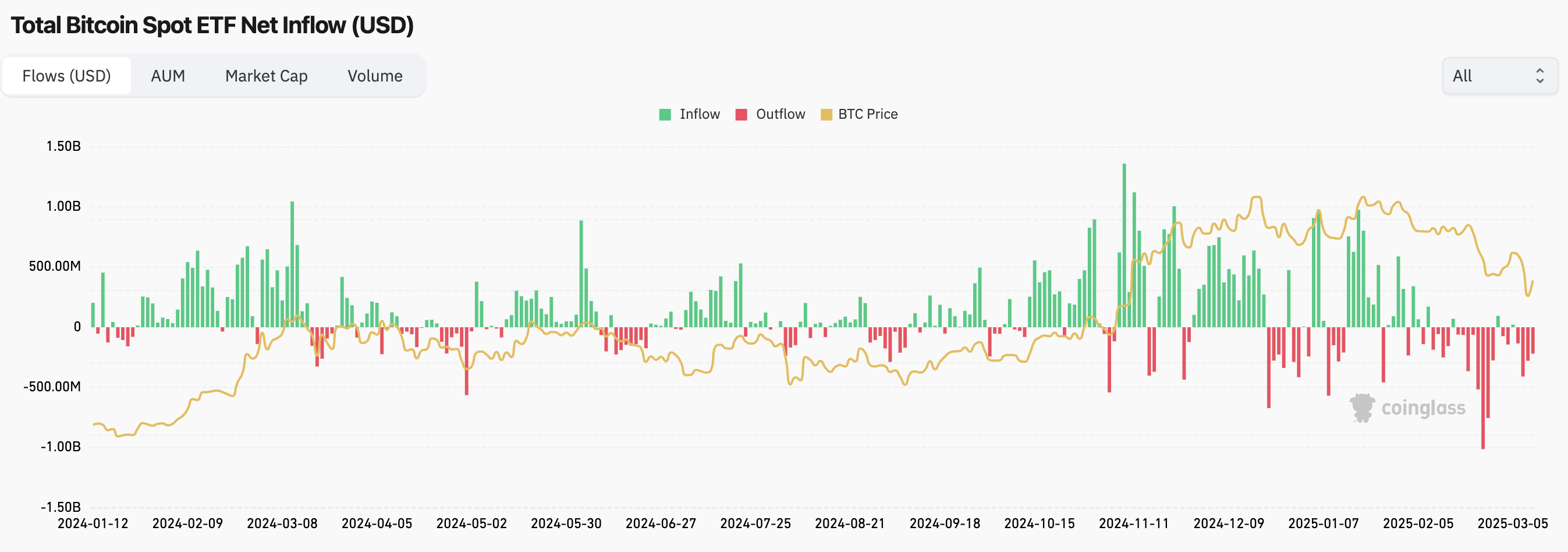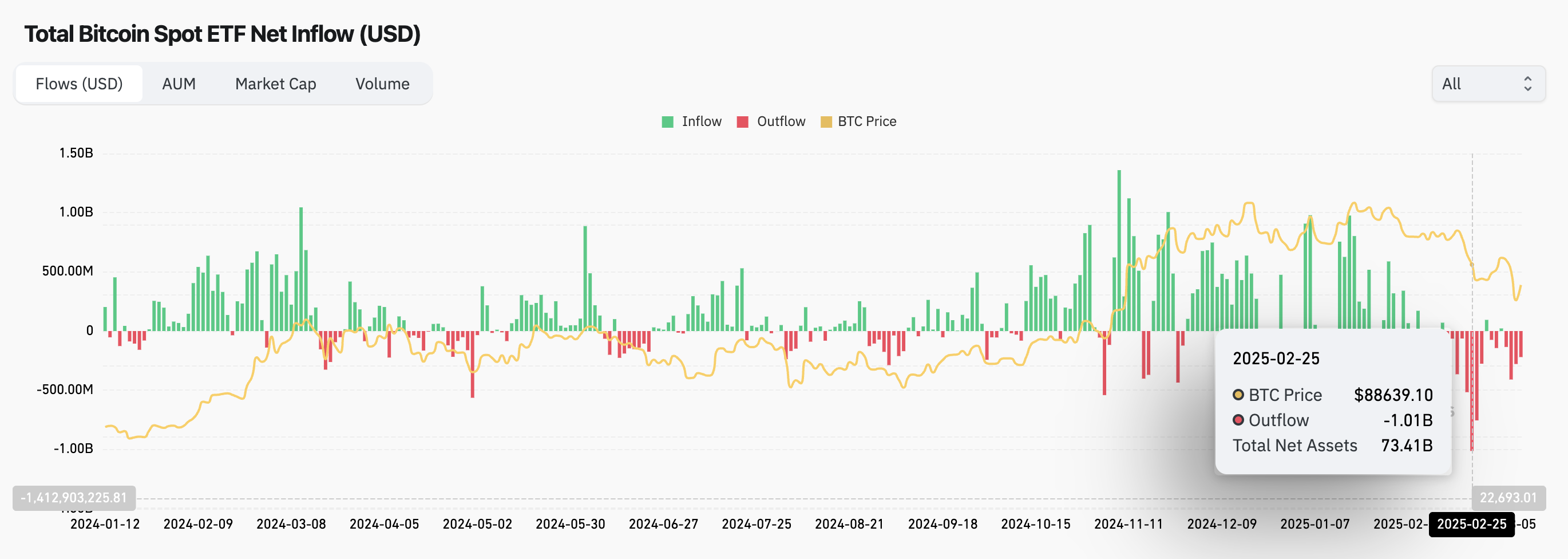Does the currency circle still care about Trump's tariff policy: has the story of "The Wolf Comes" gradually desensitized the currency circle?

Reprinted from panewslab
03/12/2025·1MWhen chatting with many OGs, I sighed that the market changes in 24/25 were unpredictable, and many veterans could not make money. There is a more interesting point, that is, in 2018, it was a "community-driven market", which means that the new asset issuance paradigm created the wealth effect; in 20/21, it was a "technology-driven market", which means that the new asset gameplay (DeFi/NFT) created the wealth effect; in 24/25, it was a "policy-driven market" (some people also say that this is a "policy bull", hahaha), which means that market changes depend on policy changes.
This article mainly focuses on recent policy-driven events, or the impact of policy-based public information on currency prices (mainly the extent of discussion). As for the memes issued by Trump and his wife, they are not included in this category.
Before this, there was a very important assumption that people would be numb to the signals that appear "continuously" for a long time (the reasons include being smoothed/monitored by various strategies, people's perception becomes dull, etc.). For example, you can face the sea every day. Over time, your excitement when you see the sea will decrease, and you may even become accustomed to it (in economics, the diminishing boundary benefits)
After the ETF passed in 2024, in addition to the traditional exchange's capital rates, lending interest rates, volatility, k-line and other technical indicators, the market uses the next day net inflow/outflow of ETFs as an important reference indicator for today's price trend. If the net inflow/outflow data of ETFs is regarded as public information, then how do the market view these data? And will these data significantly affect the price?
Taking ETH as an example, the price of ETH is positively correlated with the inflow/outflow of ETF (net inflow on the previous day, then the probability of the price rising the next day is higher, and vice versa)

The correlation between BTC's price trend and net inflows/outflows of ETFs is not that obvious, especially after Trump's victory in November, the correlation between this part of the trend forecast gradually weakened.

Given that the data is more intuitive and readable, this article does not show regression analysis. Overall, the market's sensitivity to open market information (referring to this intuitive market information) will gradually decrease, but this does not mean that this information is invalid.
Here is a summary of several recent comments (tweets):
February 1, 2025 : Trump signs an executive order to impose a 25% tariff on Canadian and Mexican goods and a lower 10% tariff on Canadian energy imports, which will take effect on February 4, 2025.
February 13, 2025 : Trump announced a 25% tariff on all foreign steel and aluminum products, which is planned to begin on March 12, 2025. From April 2, 2025, "reciprocal" tariffs will be imposed on all foreign imported goods.
March 4, 2025 : Trump's previously announced tariffs against Canada and Mexico officially came into effect at 12:01 AM Eastern Time.
March 7, 2025 : Trump announced that he would impose new tariffs on Canadian dairy products and timber, which is expected to begin on March 11, 2025. (This day is also the White House Encryption Summit)
March 11, 2025 : Trump announced that he would impose an additional 25% tariff on Canadian steel and aluminum, which is expected to take effect on March 12. In addition, Trump also asked Canada to lift tariffs on US dairy products.
Directly upload data:

Note: There is a view that the decline on March 7 may also be related to the high market expectations for "bitcoin reserves"
There is an old saying that it is repeated, and it is repeated, and it is exhausted. Combined with the rise and fall of BTC and ETH at these time points. Judging from the data, the first (February 1) and the third (March 4) tariff topics have the biggest response, the second (February 13) and the fourth (March 7) have smaller responses, and the fifth (March 11) have even increased, but does this mean that the market has been desensitized to Trump's "tariff tricks"?
Combined with the inflow/outflow of ETFs:

As early as March 1, BTC ETFs had already flowed out on a large scale, and it was speculated that it was to avoid risks or leave the market, so traders who looked down on the market or resisted tariff fluctuations have left one after another. This may explain that existing ETF holders are less susceptible to tariff issues. After all, all the people who were going to withdraw have left.
Next is the analysis on March 4th and 7th. Although the tariff collection on March 4 was within market expectations (Trump said in February that there would be a round of tariff sanctions in early March), the market's response was more intense due to the Bank of Japan's interest rate hikes, especially the trend of BTC was even greater than that on February 1. The tariff remarks on March 7 also had an impact, but that day was also the day when the news of the Bitcoin Summit + strategic reserves was implemented, and the market's expectations > actual policies were implemented.
Just as people living by the river ignore the sound of water, people will feel numb and indifferent to the information that has been continuously for a long time, but Trump's tariff issue has not yet reached the threshold for a long time. The response on March 11 may be the appearance of "desensitization", but the deeper reason is more likely because the safe-haven funds have been withdrawn, and the rest of the market are traders who have already put the "tariff" price in.
Where can there be numbness and desensitization in the market? They are all carefully calculated risks.
So did you care what Trump said?



 chaincatcher
chaincatcher